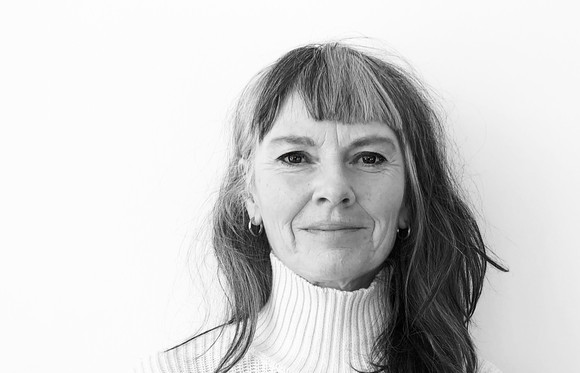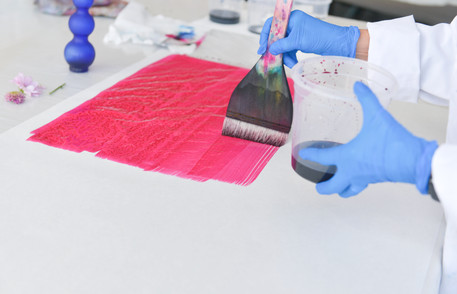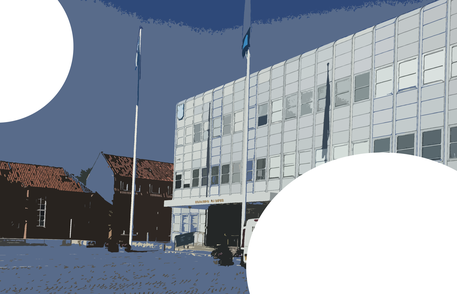Facts
About Material Pathways
The project departed in the quest for more diverse understandings of materials’ roles in design and sustainability that go beyond materials’ environmental impact. This to increasingly acknowledge the multifarious ways materials can be positioned and approached and to create common ground and a joint framing for education, practice and industry with inspiration and links to a broad range of disciplines.
Purpose
Building on experiences from and with the Sustainable Design Cards (2017) that indicate that the learning tool developed, a physical deck of cards, support and facilitate considerations for and integration of sustainability in (product) design processes, we wanted to explore if a similar approach and format would be useful for exploring materials’ roles. Furthermore, it was a strong wish that the two decks of cards could be used individually, but also together and interchangeably to create a common frame to work within.
Methods and results
The primary outcome of the project is a physical deck consisting of 22 cards that each describe a ‘material position’. This using the means of ‘What’ the position is about, ‘Why’ is is relevant, ‘Challenges’ with activation, ‘Examples’ of activation’, ‘Links’ to other cards in the deck and ‘Further reading’ for those who want to read more as well as visually through a ‘Lifetime compass’ and phases in a ‘Product lifecycle’.
Consequently, in addition to a curated collection of material positions, the deck of cards offers a comprehensive repository of examples and readings. These can be used to further investigate single material positions through practice and theory simultaneously, but can also be used to create a holistic understanding of material roles.






